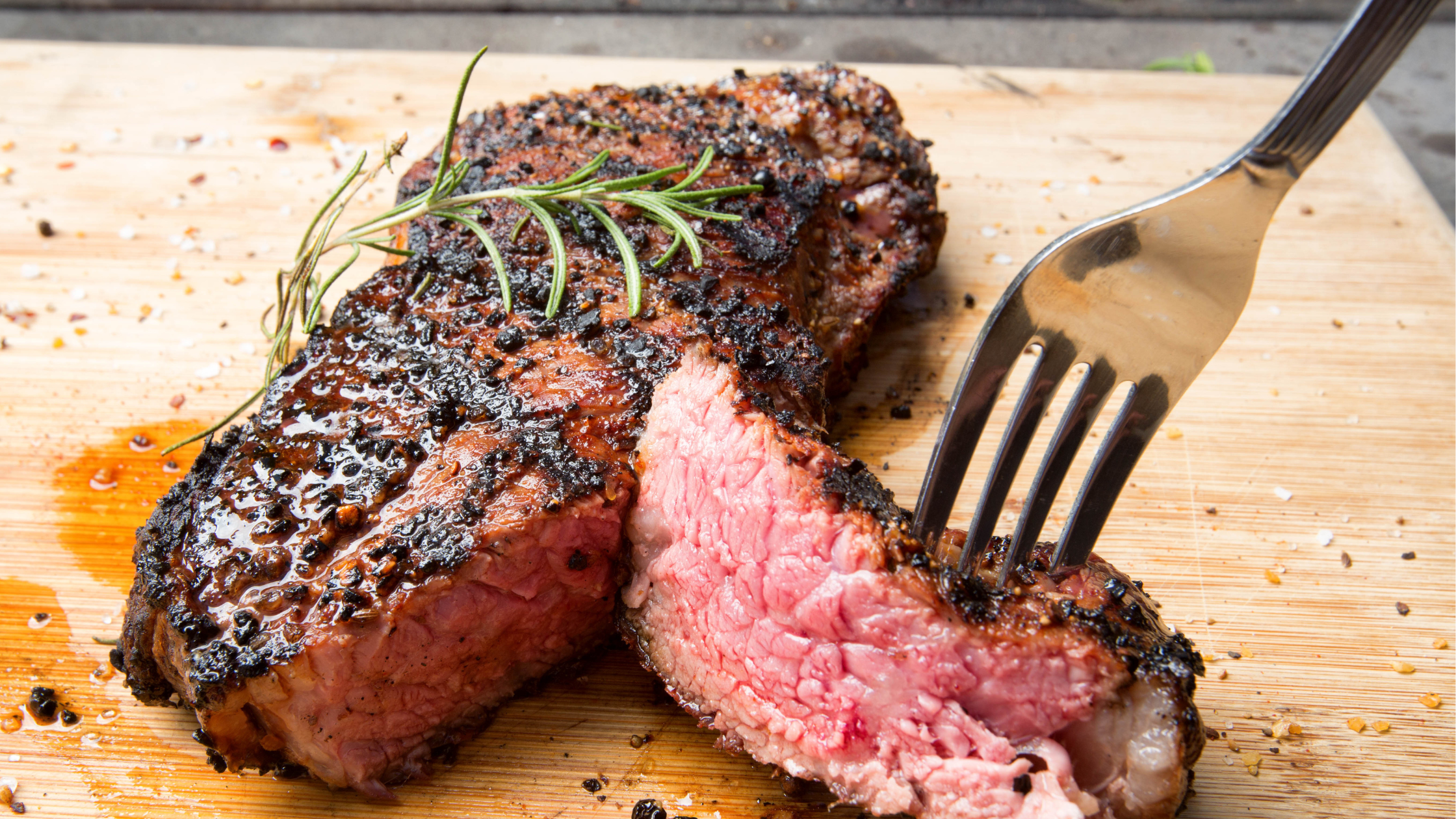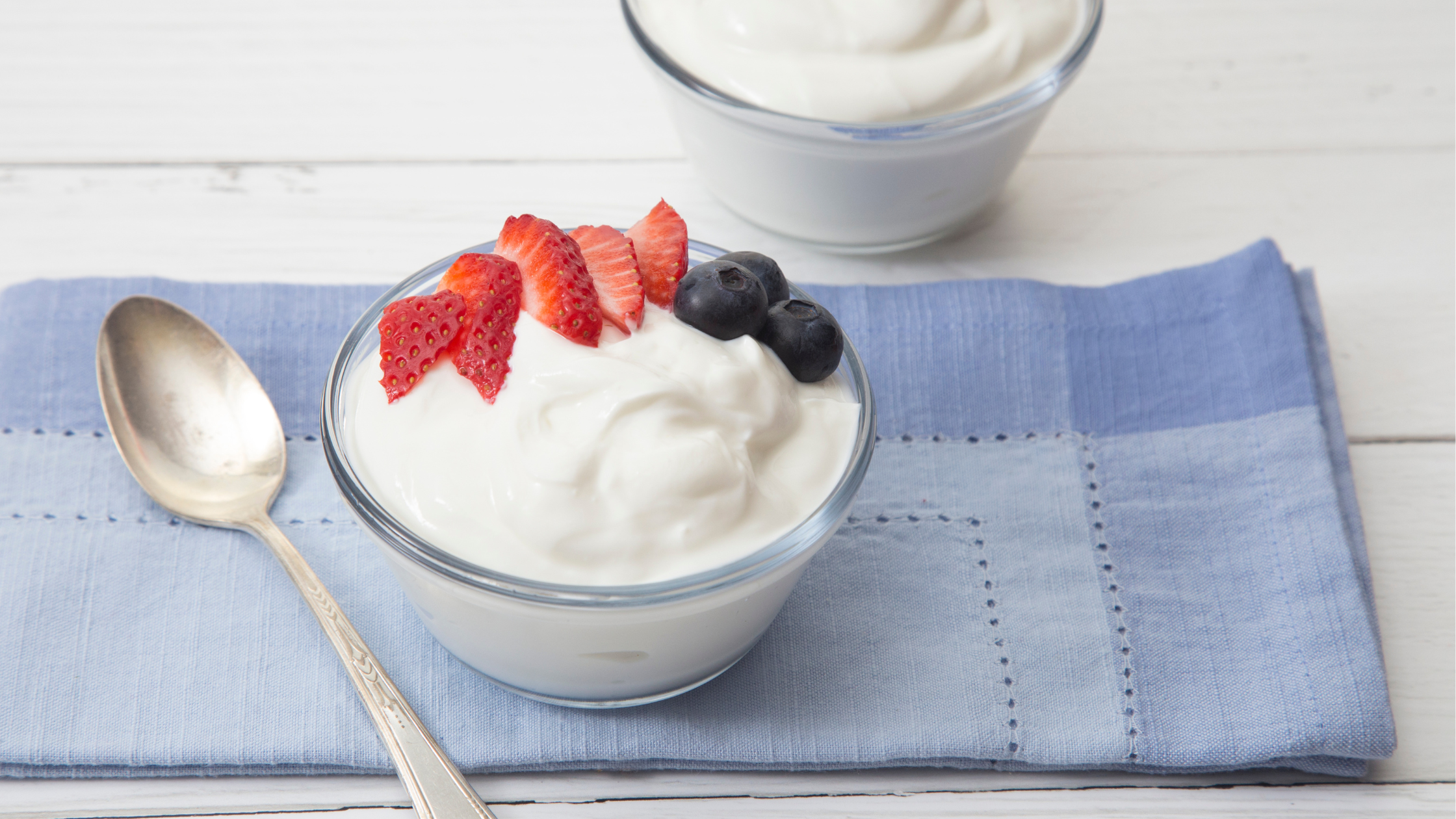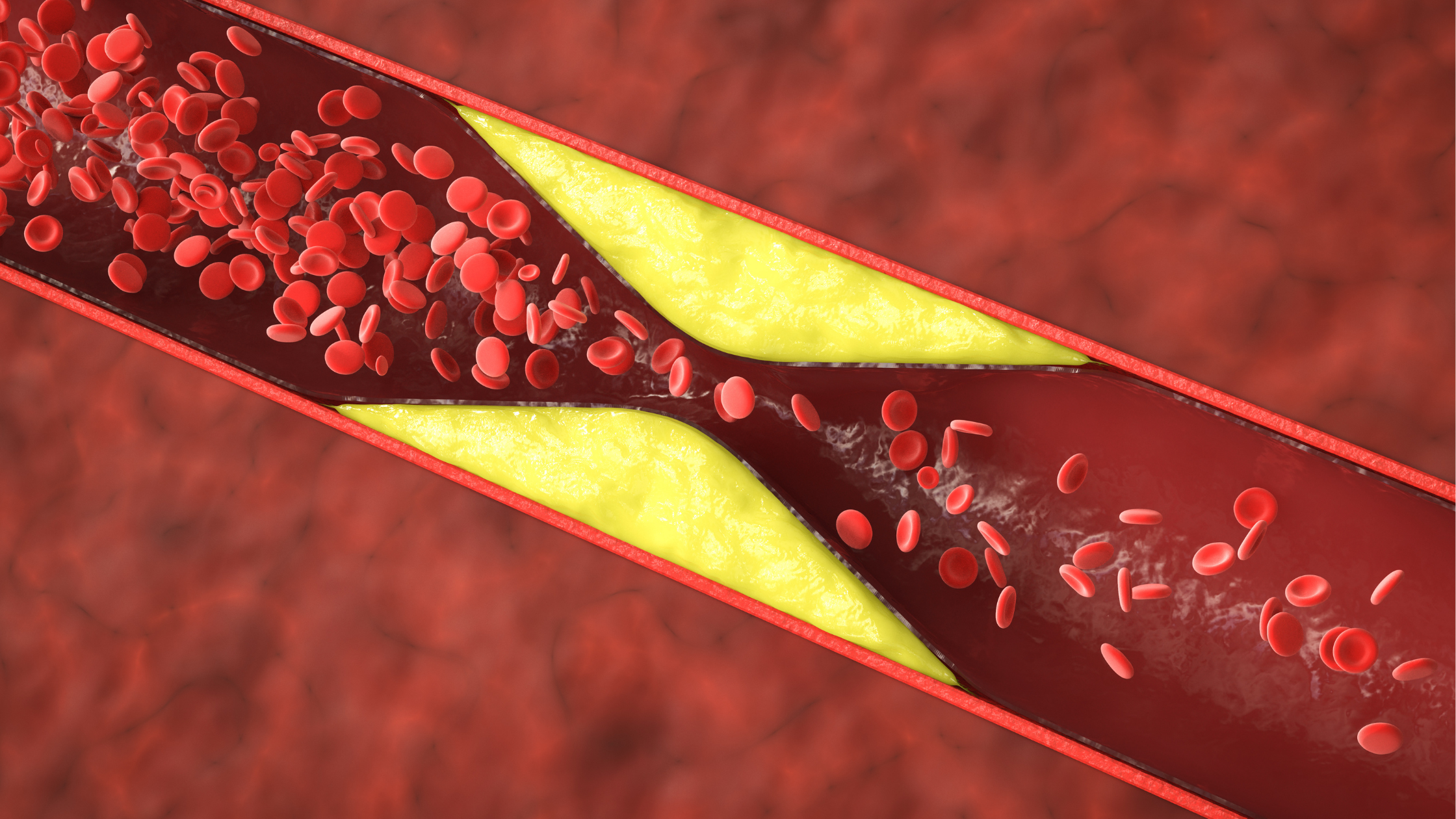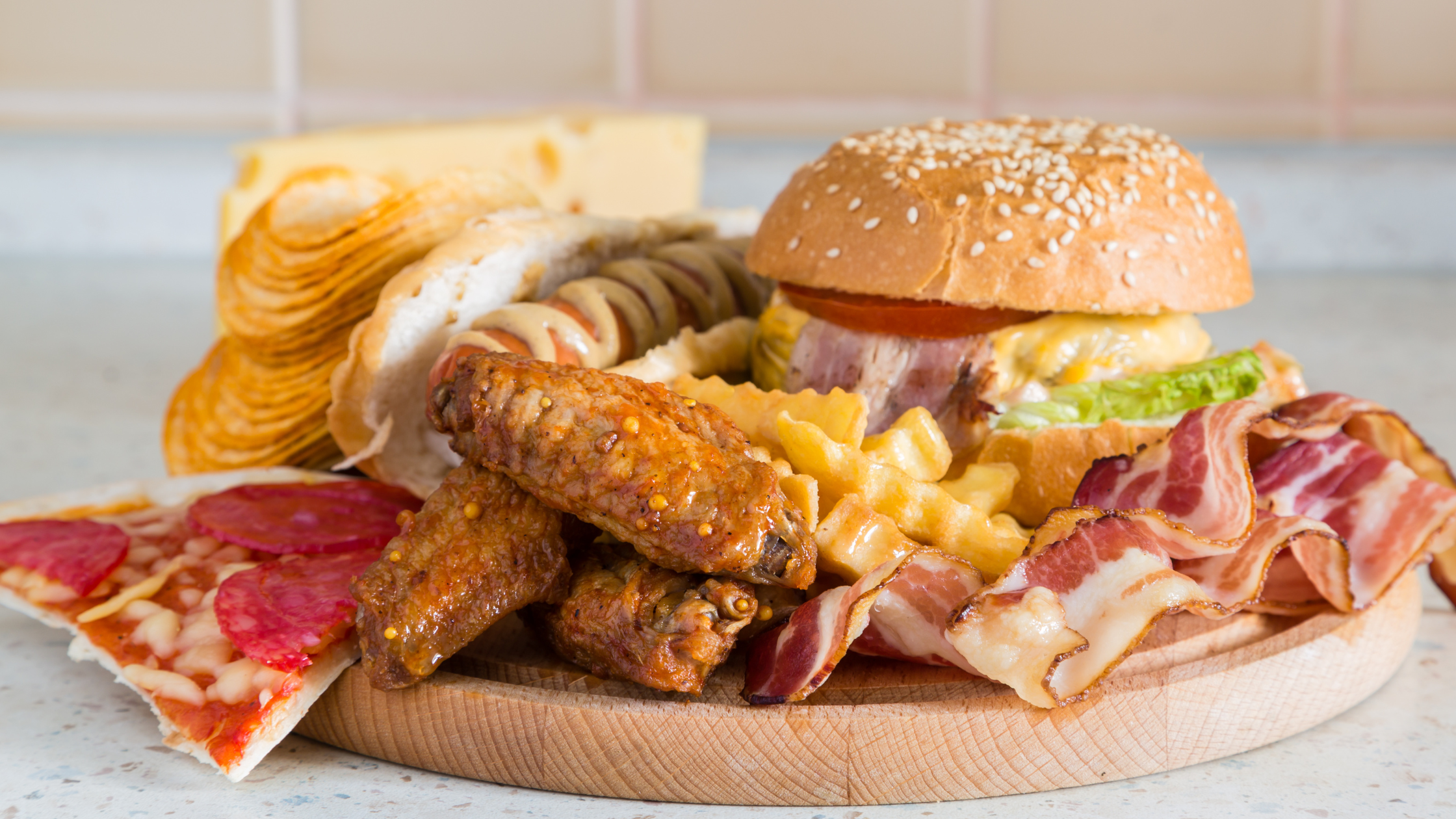Which High Cholesterol Foods to Eat (and Which to Avoid)
Written by TYE Medical on Sep 19th 2024
Yes, some high cholesterol foods are worth indulging in and beneficial for your health. So, don’t pass on the eggs or the full-fat yogurt if you want a nutrition boost. But there are others that should be passionately avoided, like processed meats. These high cholesterol foods can raise your risk for serious health conditions like heart disease.
Some confusion abounds about the cholesterol contained in foods, often called “dietary cholesterol”. Not all dietary cholesterol is bad, and in fact, it is often good for you and packed with nutrition. So don’t drop and run when you see a food containing cholesterol. Instead, pause and consider what type of food it is.
Here are 7 high cholesterol foods to enjoy and 4 to avoid in the name of good health.
Foods 1-7: Healthy High Cholesterol Foods to Enjoy
1. Eggs

Despite all the bad publicity, eggs are a highly nutritious source of protein. But along with all the nutrients you also get about 207 mg of cholesterol per large egg. This is why the media began advising people to avoid them. But the bad press isn’t deserved.
According to researchers, despite the dietary cholesterol in eggs, they don’t raise LDL (or bad) cholesterol and may increase HDL (or good) cholesterol which is great for heart health. While other research suggests it’s possible for eggs to raise LDL, it’s generally accepted that 1-2 eggs daily are safe and not problematic for cholesterol levels.
2. Cheese
While cheese is often promoted as a food to be avoided, it’s still an excellent source of calcium and other nutrients. The reluctance to consume this dairy produce lies in the 20 mg of cholesterol contained in one slice of Swiss cheese, for example.
One study found that eating 3 ounces of full-fat cheese every day for 12 weeks didn’t raise LDL cholesterol even though this is considered a high intake level for cheese.
3. Shellfish
Shellfish like crab, clams, and shrimp provide large doses of protein, iron, B vitamins, and selenium. This type of seafood is also high in dietary cholesterol. A 3-ounce serving of canned shrimp packs 214 mg of cholesterol. Despite this, shellfish has a very positive impact on your cardiovascular health and may even improve your cognitive and visual health. Rather than clog your arteries with cholesterol, shellfish may actually have a positive impact on your arteries.
4. Pasture-Raised Steak

Pasture-raised steak is an excellent source of protein, vitamins, and minerals. Why pasture-raised? Beef cows raised in pastures produce meat that contains less cholesterol and more omega-3 fatty acids, which help lower inflammation.
Red meat is high in saturated fat, making it more likely to raise LDL cholesterol levels. Choosing pasture-raised over feedlot beef is better for your heart health. A 4-ounce serving of pasture-raised steak has 62 mg of cholesterol, while the same size feedlot steak has 100 mg. Most people eat steak that is two or three times this serving size.
5. Organ Meats
Organ meats, like heart, liver, and kidney, are very nutritious but high in cholesterol. Nutrients like the antioxidant CoQ10, iron, zinc, and vitamin B12 are all contained in chicken hearts. And eating just one cup provides 351 mg of cholesterol.
You’re better off eating unprocessed meats, including organ meats, in moderation than consuming them sparingly. This means eating some unprocessed red meat is actually more beneficial to your health overall. Most of our modern battles with cholesterol are grounded in our overconsumption of red meat, processed meat, and other processed foods.
6. Full-Fat Yogurt

One cup of full-fat yogurt contains 31.8 mg of cholesterol along with several nutrients. But don’t let the notable dietary cholesterol keep you from enjoying your daily portion of yogurt. According to research, eating more full-fat fermented dairy products reduces LDL cholesterol instead of raising it. It also lowers blood pressure and your risk of stroke, heart disease, and diabetes.
7. Sardines
Not only are sardines a convenient source of protein, but they’re also packed with nutrients. A 3.75-ounce can of sardines has 131 mg of cholesterol. But it also contains 137% of the daily value for vitamin B12, 63% of vitamin D, and 35% of calcium. That’s a lot of nutrition and a nice load of dietary cholesterol. Despite the cholesterol, sardines have only 1.5 mg of saturated fat.
Foods 8-11: High Cholesterol Foods to Avoid
Some high cholesterol foods are harmful to your health instead of beneficial. Here are 4 high cholesterol foods to avoid.
8. Deep-Fried Foods

It’s worth avoiding foods like deep-fried meats and cheese. They’re high in cholesterol, calories, and may contain trans fats. This combination can increase your risk of heart disease and negatively affect your health in several ways. Eating too much fried food can also increase your risk of heart disease.
9. Fast Food
Fast food has a bad rap for a good reason. It continues to be a major risk factor for chronic conditions like obesity, diabetes, and heart disease. If you eat a lot of fast food, you’re likely to have more belly fat, higher cholesterol and blood pressure, and unstable blood sugar.
10. Processed Meats
High cholesterol, processed meats like bacon, sausage, and hot dogs should be eaten sparingly. According to one review, just eating an additional 2-ounce serving of processed meat per day produced a 42% higher risk of developing heart disease.
11. Desserts
There is a reason they’re so tasty. They’re loaded with all the bad stuff we hate to love. Desserts like cakes, cookies, ice cream, pastries, and other sweet treats are laden with calories, unhealthy fats, and added sugars. And of course, they’re high in cholesterol.
These foods lack necessary nutrients like vitamins, minerals, healthy fats, and protein. They also contain high levels of added sugar that cause obesity and diabetes which can lead to increased cholesterol and heart disease.
What Is Cholesterol?

It’s a waxy substance produced in our bodies and also found in animal products like eggs, dairy, and meat. Cholesterol serves a purpose and is necessary for healthy bodily function. It aids in hormone production, bile production (needed to digest fats), and vitamin D absorption.
Your liver makes cholesterol for your body’s use, but you can also take on “dietary” cholesterol when you eat animal products. Dietary cholesterol is the cholesterol you eat rather than producing naturally. HDL or “good” cholesterol helps your body process and pass excess cholesterol. LDL or “bad” cholesterol is what facilitates plaque buildup in your arteries.
If you eat extra cholesterol, your body will produce less. The reverse is also true. If you don’t eat much cholesterol, your body will increase production to ensure it has what it needs.
Is Dietary Cholesterol Bad for Your Health?
According to research, dietary cholesterol isn’t your enemy. It doesn’t significantly raise cholesterol levels in your body. In the general population, no link between dietary cholesterol and heart disease has been found. But it can slightly elevate your cholesterol levels, which isn’t an issue for most people.
Even in large amounts, most of the population doesn’t react to dietary cholesterol. Some people, however, are more affected by cholesterol in foods and are more susceptible to elevated levels.
Surprisingly, dietary cholesterol may even improve your LDL-to-HDL ratio, which is the best indicator of your heart disease risk. But it’s important to remember that just because dietary cholesterol may not be as harmful as you thought, those high-cholesterol foods aren’t always healthy. So, enjoy your full-fat yogurt in moderation but avoid deep-fried foods. Both contain dietary cholesterol, but one is far healthier than the other.
Saturated Fat Linked to High Cholesterol

The real enemy seems to be too much saturated fat which triggers your body to make cholesterol even if you don’t need it. Even if a food contains no dietary cholesterol, the saturated fat in that food contributes to your daily unhealthy fats intake. Too much can raise your cholesterol.
So if you’re concerned about high cholesterol, watch labels for the amount of saturated fat you’re eating. Choose foods that are lower in saturated but also contain other nutritional benefits. For example, choose a serving of whole milk yogurt over unhealthy desserts.
Tips for Lowering Your Cholesterol
High LDL cholesterol can build up in your arteries and increase your heart disease risk. But you can make lifestyle changes to lower elevated cholesterol.
- Eat more fiber
- Be more active
- Lose weight
- Eat more produce
- Stop smoking
And remember to avoid the four big cholesterol-raising foods: deep fried food, fast food, processed meats, and most desserts. These foods aren’t harmful because of the dietary cholesterol they contain but because of the high amounts of saturated fats with little other nutritional benefit. It’s okay to eat something saturated. So you don’t have to avoid dessert every evening. Just be mindful of your daily choices. The average man should consume no more than 30 grams of saturated fat daily to maintain health, and the average woman should have no more than 20 grams.


